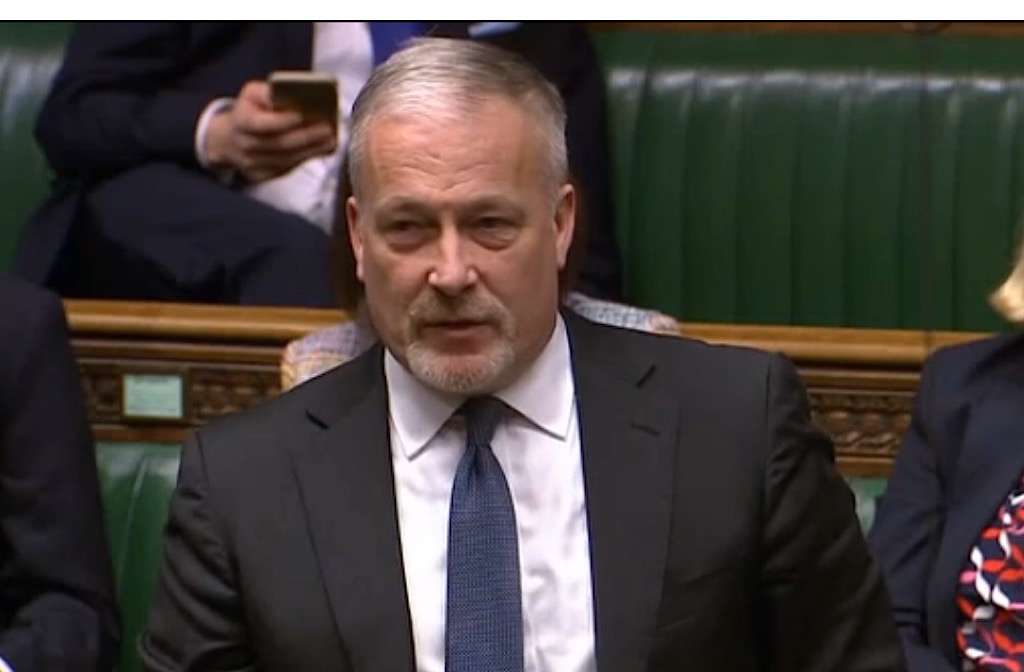In the wake of a crushing electoral defeat, former Prime Minister David Cameron has officially withdrawn from the frontline of British politics, though he will retain his seat in the House of Lords.
Cameron, who was elevated to the peerage last November by Rishi Sunak in order to serve as Foreign Secretary, has now tendered his resignation and will not participate in the shadow cabinet as the Conservatives transition to opposition.
A Wave of Resignations
The fallout from the election has seen significant changes within the party’s leadership. Alongside Cameron, party chair Richard Holden has also stepped down, facing widespread blame for the severity of the Conservative Party’s losses.
Accusations have emerged that Holden secured a safe seat for himself at the expense of other MPs, a charge he firmly denies.
Reports indicate that Conservative MPs began pressing Holden to resign as early as 4 am on July 5, reflecting the intense pressure within the party.
Sunak’s Interim Leadership
Despite stepping down as Prime Minister following the election result, Rishi Sunak will continue to lead the Conservative Party’s interim shadow cabinet until a new leader is chosen.
The party has swiftly reorganized its shadow cabinet, with key figures maintaining their roles from the former government.
Jeremy Hunt, who narrowly retained his seat, has been appointed as Shadow Chancellor, while James Cleverly will serve as Shadow Home Secretary.
Andrew Mitchell, formerly Deputy Foreign Secretary, will now take on the role of Shadow Foreign Secretary. Richard Fuller, the former Economic Secretary to the Treasury, has been named the new chair of the Conservative Party.
Kemi Badenoch, a frontrunner for party leadership, has been assigned the position of Shadow Levelling-Up Secretary, with Kevin Hollinrake taking over her former role as Shadow Business Secretary.
During the campaign, Hollinrake openly acknowledged the difficulties Brexit has imposed on UK-EU trade, a sentiment that Sunak shared.
“Of course, when you leave the single market and the customs union, that is going to change our trading relationships.”
Rishi Sunak
Fuller’s Commitment to Rebuilding
In a statement, Richard Fuller emphasized the need for the Conservative Party to regroup and learn from the election results.
“The Conservative Party has had a difficult election, and it is important that we regroup and reflect on these results. We should also challenge ourselves candidly and deeply on the strengths of the Conservative Party across the country, and outline where improvements can be made.”
Richard Fuller

Fuller expressed his honor in being asked to act as interim chairman and pledged that the party would be united and vigilant in holding the new Labour government accountable.
The Conservatives suffered their worst defeat in 190 years, securing only 121 seats.
Millions of traditional Tory voters either switched allegiance to Labour, the Liberal Democrats, or Nigel Farage’s Reform Party or abstained from voting altogether.
The scale of the defeat has prompted calls for a thorough reassessment of the party’s strategies and policies.
Future Leadership
As the party faces the task of selecting a new leader, Kevin Hollinrake has suggested that the leadership contest could extend until the end of the year.
“I don’t think there is any rush,” Hollinrake commented, indicating a period of introspection and potential realignment for the Conservatives as they prepare for the future.
The Conservative Party now stands at a critical juncture, grappling with internal discontent and external challenges as it seeks to rebuild and redefine its place in British politics.
READ ALSO: NAPO’s Arrogance: A Political Liability Or A Misunderstood Confidence



















